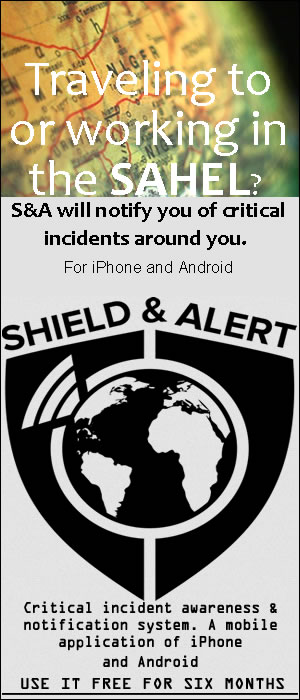Representatives from herder and farmer communities that have become ensnarled in violence sparked by jihadist attacks in central Mali have signed three “peace agreements,” a Swiss mediator said. The accords brings together the Fulani, also called Peul, who mainly comprise semi-nomadic herders, and the Dogon, who are chiefly sedentary farmers.
The two groups have historic tensions over access to land and water, but the friction turned bloody after jihadists pushed into their region more than five years ago.
A Swiss organisation called the Centre for Humanitarian Dialogue (HD) said Tuesday that three agreements were signed between January 12 and 24 after four months of mediation. They apply to Koro, a county-sized area bordering Burkina Faso that has borne some of the worst bloodshed, it said in a statement.
Remote and dangerous, the area is only entered regularly by humanitarian groups, UN patrols and the army. Under the accords, the signatories pledged to encourage members of their communities “to work for peace by forgiving past acts and spread messages of cohesion and calm.”
They also undertook to “guarantee physical integrity, the free circulation of people, goods and cattle… to respect the habits and customs” of all, and enable people of all communities to have access to villages and markets, the statement said. Similar agreements were signed just over two years ago, but failed to stem the violence.
Central Mali, a mosaic of many communities, came under strain in 2015 when a ruthless Al-Qaeda group appeared on the scene. It was led by an ethnic Fulani preacher named Amadou Koufa, who largely recruited among members of his own community. As the wider Fulani community became tarred with the attacks carried out by his group, other ethnic groups, notably the Dogon and Bambara, formed so-called self-defence forces, setting the scene for bloody tit-for-tat violence.
One of these groups, a Dogon militia called the Dan Nan Ambassagou, has been accused by NGOs and the UN of carrying out massacres in Fulani villages, an allegation it denies. The force has officially been dissolved but remains active. The Malian army has also been accused of abuses towards the Fulani in the Koro area, and many Fulani have fled for the safety of the regional capital, Mopti.




